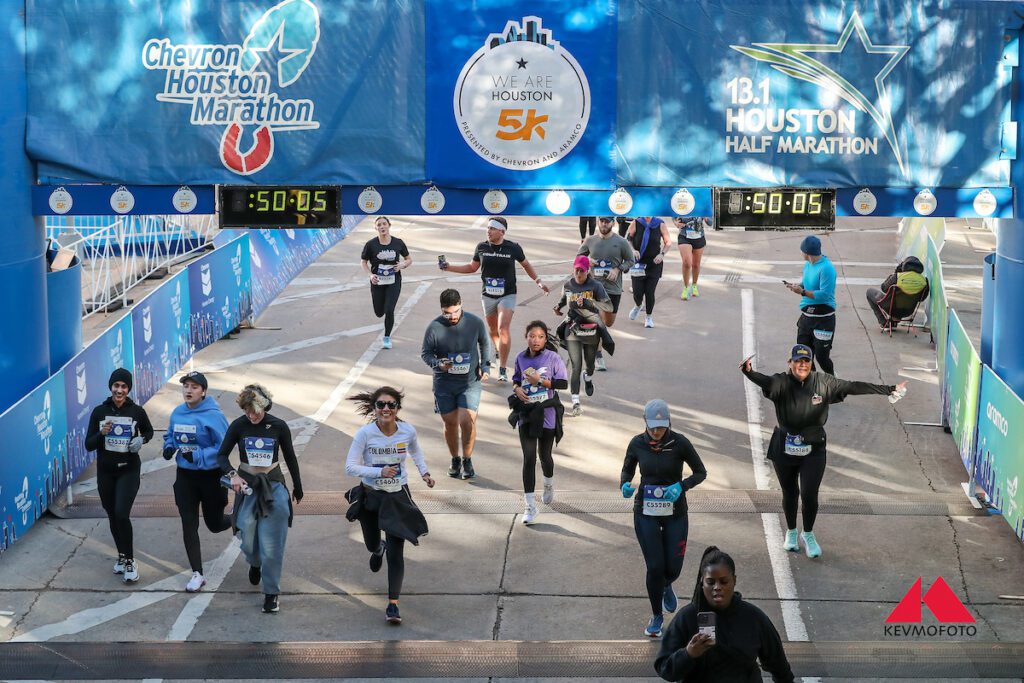Is running a rich person’s sport?
A recent study shows a link between income and running participation

Running has the makings to be a low-cost sport: it requires relatively little equipment, you don’t need access to a special facility, rink or field and you don’t need to sign up for a league or join a team to participate. Despite all this, it appears that running has become more popular among the wealthier segments of society than any other group.
This raises an important question: is running a sport reserved for the rich? A recent study conducted on behalf of the Australian Sports Commission reveals a correlation between higher household income and participation in running.

Costs add up
One possible explanation for the correlation between higher household income and running participation is the cost associated with the sport. While running can be cheaper than sports like hockey, football or golf, running shoes, athletic clothing and race registration fees add up, making it seem like a sport tailored to the affluent. Access to well-maintained tracks, gyms and clubs is often easier for those who can afford memberships or live in areas with better infrastructure, and these financial barriers can inadvertently exclude individuals from lower-income backgrounds.
Media and marketing efforts by running brands also often portray running as a trendy fitness activity, which can attract those in higher socioeconomic groups who have the financial means to invest in their health and appearance.

Performance-driven personalities
One reason running appeals to high-income earners is their innate drive for achievement and competition. The disciplined nature of running allows them to carry a certain level of focus and effectiveness into other aspects of their lives. Running and other athletic pursuits provide an opportunity for setting personal goals and benchmarks, aligning with the goal-oriented nature of their professional lives.
Mental relief and health benefits
High income often comes with high stress. The demanding nature of high-stress jobs makes mental relief crucial for high earners. Running provides a healthy outlet for managing stress and preserving mental well-being, often replacing less beneficial coping mechanisms. Additionally, high earners are usually well informed about healthy lifestyles and recognize the physical health benefits of running. While the physical aspect is important, many runners often emphasize the mental benefits, finding solace, relaxation, and a meditative escape during their runs.

Making running more accessible
While it may be an oversimplification to suggest running is exclusively a rich person’s sport, there is evidence to suggest that high-income earners do gravitate toward running. Many runners who are not part of the top one per cent will likely agree that there are barriers to running participation for low-income earners. Making running more accessible for people of all income levels involves addressing both financial barriers and creating safe and pleasant spaces for running in all neighbourhoods.
By providing low-cost options for clubs and races and investing in well-maintained tracks, parks, and public spaces, we can provide equal opportunities for everyone to enjoy the benefits of running, regardless of their economic circumstances.

